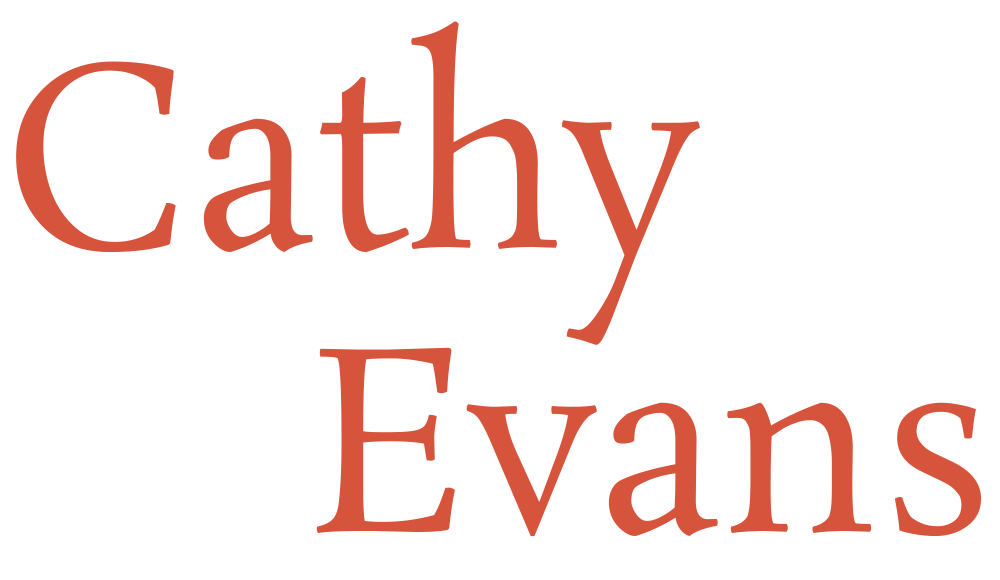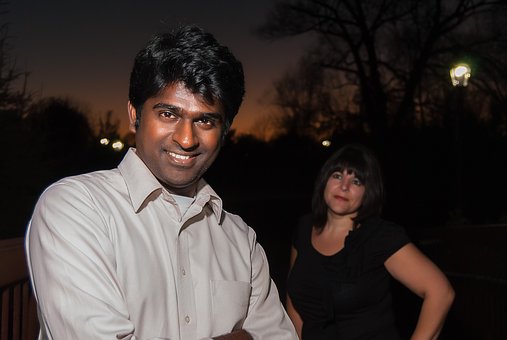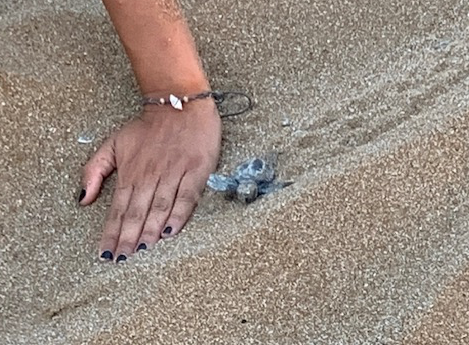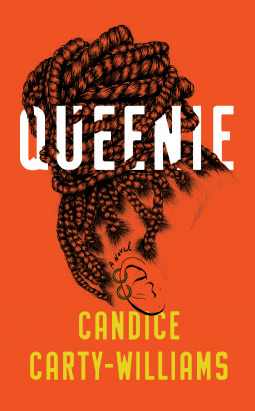A version of this article was printed in the Byte the Book newsletter in Sept 2021:
My first novel, The Wrong’un, is about a dysfunctional family with toxic secrets, and features mainly white characters. It’s not about race. My second novel, All Grown Up isn’t about race either; it’s about sexual consent and it features white, black and mixed-race characters.
My central character is a fifteen-year-old mixed-race girl, Neveah (pronounced Nivay.) I have been overtly told by some that this is its main barrier to publication. ‘It’s a question of authenticity,’ said one agent. ‘If you’re not mixed race yourself, can you write authentically about someone who is?’ ‘Would it kill you to make her white?’ said one reader. ‘Maybe you can make her Spanish, or something.’
With a few strokes of my keyboard I could make Neveah white. But I love her as she is, and I’d feel like a sellout if I did. I’d be guilty of artistic cowardice. There should be no checks on creative freedom. We should all write about anything we please, and it’s readers who should decide whether we’ve done a good job or not. If I write a non-white character, my only job is to fully flesh them out and endow them with an authentic voice. In the interests of realism, my non-white characters do encounter racism, even from within their own families, but I don’t attempt to provide solutions for them. I’m telling a story, and I’m far more concerned with my characters’ universal struggles.
Along with ghosts, aliens and vampires, our books and our screens should largely offer a fair representation of our lived reality. Ours is a multi-racial society, and a justified complaint from non-white people is that they are not realistically depicted on screen. Not surprisingly, they’re fed up with seeing themselves cast as drug dealers, prostitutes, criminals or gang members. They don’t want to be the eternal victim, either. They want to see characters in all their human complexity: having adventures, wrestling with moral dilemmas, coping with crises, navigating relationships and nuanced family dynamics, making mistakes, solving problems, getting themselves out of scrapes and dealing with all the diverse challenges that form our shared human experience.
Some of my non-white characters are deeply flawed. Some of my white characters are, too. People are people all over the world, and the colour of your skin doesn’t give you a free pass to sainthood.
Who is calling for this literary apartheid? I suspect a tiny but vocal minority. Do we want our fictional landscape to be distorted by rigidly restricting authors to portraying only their own demographic? The biggest danger is that we play along, and out of a misguided fear of causing offence or provoking controversy, we self-censor ourselves. Or in my case, I whitewash Neveah. This is sinister, dangerous, patronising, and even worse, will make for truly boring fiction. The age-old advice to authors is to write what you know. Eff that… I say write what you love. Your readers will love it too if you do it with empathy, wit and understanding.



